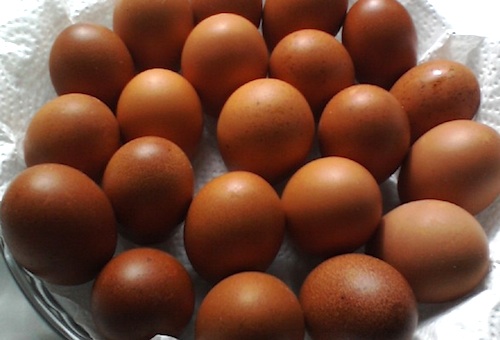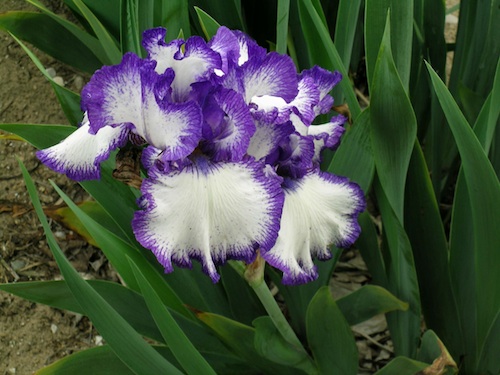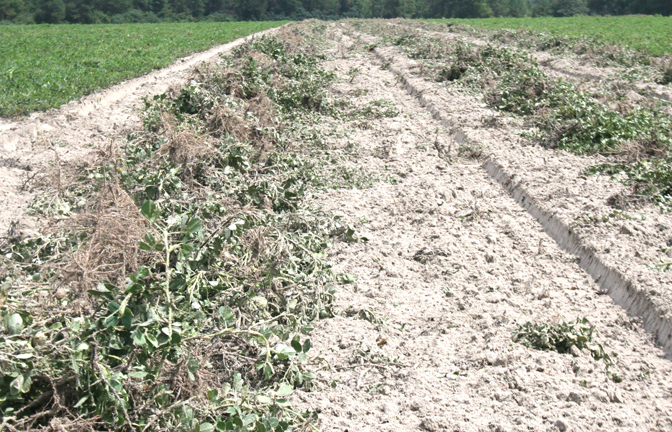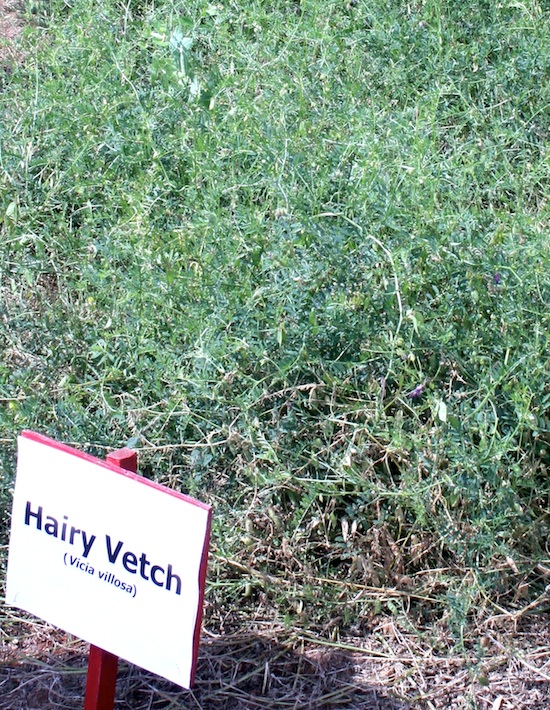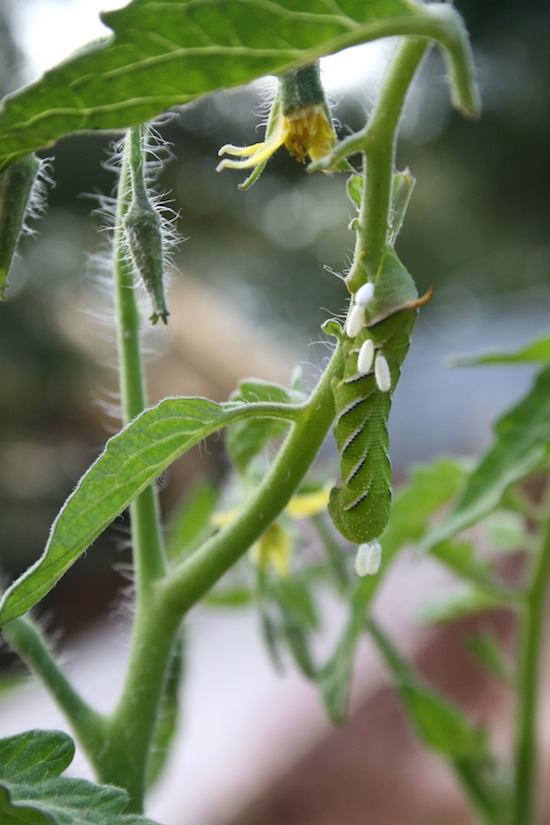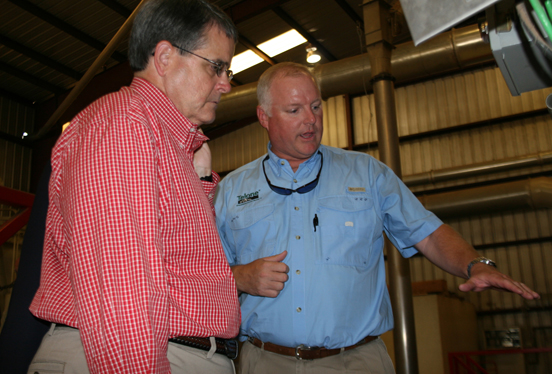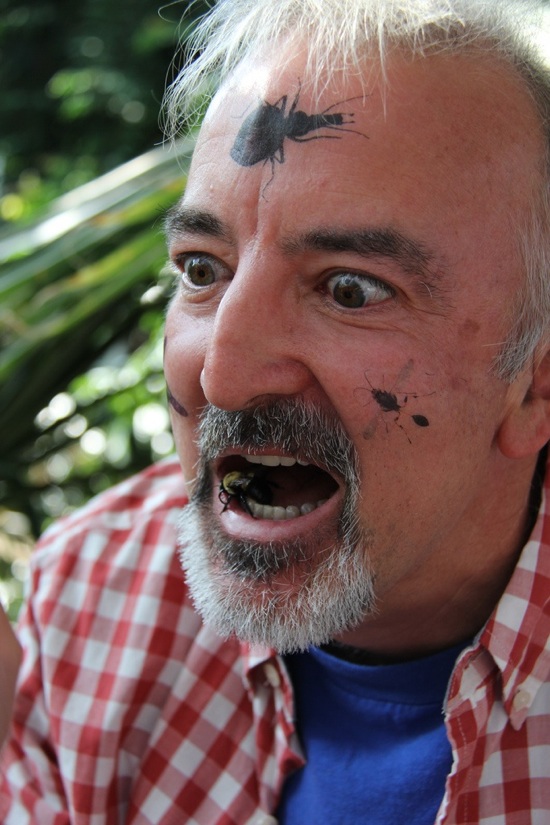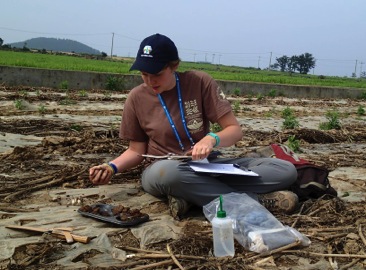 CAES News
CAES News
Soil Judging
University of Georgia alumna Caitlin Hodges’ soil-judging skills took her across the globe this summer to South Korea, where she and the U.S. team brought home a first place win in the first-ever International Soil Judging Contest.

